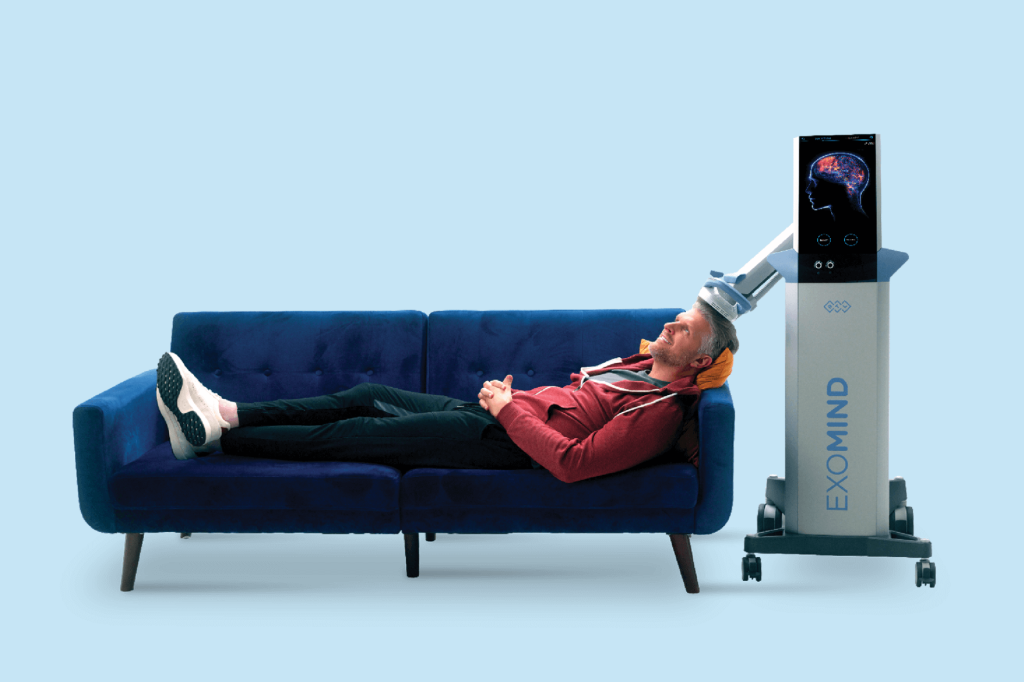TBI and Suicide Prevention
The week of September 4th marks the start of National Suicide Prevention week, and we’d like to discuss our role in treating brain injuries that can lead to depression and suicidal ideation.
WebMD reports that a traumatic brain injury (TBI) can trigger symptoms that may drive some to suicide, and studies show that the risk more than triples in the first six months after a traumatic brain injury.
Unlike other injuries, where inflammation heals over time, a brain injury is unique in that, if left untreated, the inflammation in the brain can continue to spread and cause more damage. Adding additional issues with hormones and blood sugar can exacerbate the condition, which is why it’s so important to know the symptoms of a TBI and to seek treatment right away if symptoms worsen or do not improve.
Concussion vs. TBI
The symptoms of a concussion and TBI can be similar. Both can include headaches, dizziness, mood swings, and problems with mood, memory, and focus. The symptoms of a traumatic brain injury can also be accompanied by more severe neurological changes including confusion, blurred vision, ongoing fatigue, insomnia, and behavioral changes including anxiety and depression.
If a concussion or TBI is suspected, seek medical attention right away. A CT scan can help determine if surgery is required to treat hematomas (ruptured blood vessels) or contusions (bruising to brain tissue).
Brain Injury Rehabilitation
In the rehabilitative stage of TBI recovery, patients can see significant improvement with the help of functional neurology treatments designed to stimulate cell repair and regrowth, increase circulation, and reduce inflammation. Following are just a few of the brain injury rehab treatment tools we use at Neurohealth.
Somatosensory Evoked Potential (SSEP)
SSEP is a form of electro-stimulation therapy that sends a gentle signal to the brain and then tracks and measures the response, allowing us to pinpoint areas in need of treatment.
Alpha-Stim
The Alpha-Stim is a device that delivers cranial electrotherapy stimulation (CES) that mimics electrical currents in the brain to stimulate nerve cells. Studies show that the device is effective for treating anxiety, depression, headaches, and migraines.
GyroStim
The GyroStim has been shown to help patients improve reaction time, balance, hand-eye coordination, and spatial awareness to provide relief for symptoms associated with concussion and traumatic brain injury.
Photobiomodulation
In this type of therapy, we apply near-infrared light (NIR) energy that is converted to cellular energy in order to accelerate cell regeneration, stimulate healing, improve circulation, and reduce swelling and inflammation.
If you are experiencing lingering symptoms following a brain injury that include mood swings, fatigue, memory loss, anxiety, depression, or other symptoms that impact your daily routines, reach out to Neurohealth Services. We’ve helped patients with post-concussion syndrome and serious brain injuries improve their brain function and quality of life. Call for a consultation today: (317) 848-6000.
If you or a loved one are struggling with suicidal thoughts, please reach out to the National
Suicide Prevention Lifeline at 1-800-273-TALK (8255), or contact the Crisis Text Line by texting TALK to 741741. You can also text or dial 988.
NEAUROHEALTH SERVICES
Get back to feeling like yourself naturally. Natural treatment for neural and chronic pain.
CATEGORIES
Recent Articles
ExoMind™ : A New Era of Brain Health & Recovery
Introducing ExoMind™ at NeuroHealth Services: A New Era of Brain Health & Recovery By Dr. Brad Ralston,…
Understanding the Brain’s Cognitive Landscape
This year, we’ve explored a range of the common symptoms we treat at Neuroheatlh Services, including dizziness, headaches and…
How Does Functional Neurology Treat Vestibular Disorders?
Many of the conditions we treat at Neuroheatlh Services involve disorders of the inner ear or the…
Is Neurorehabilitation for you?
NeuroHealth provides neurorehabilitation for all ages, specializing in treatment for vertigo, migraines, post-concussion syndrome, and other neurological disorders. Contact our office today.




